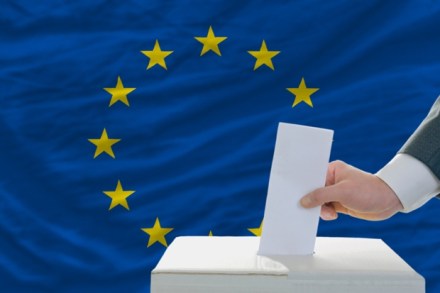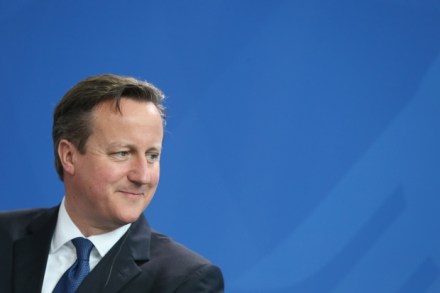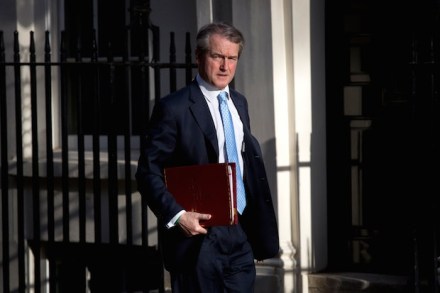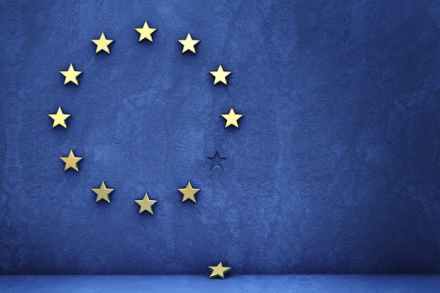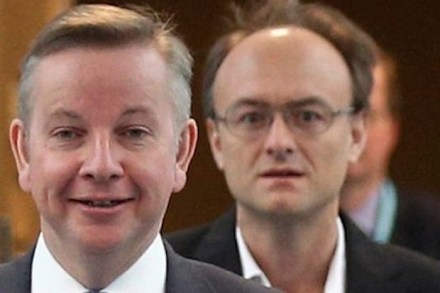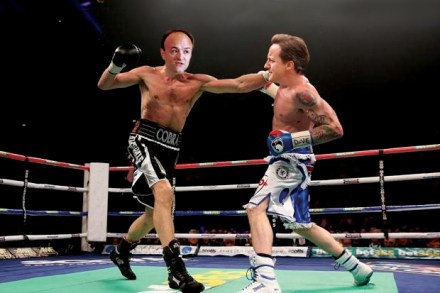The first big EU referendum battle: funding from Brussels
The Vote Leave campaign have found their first issue to fight the Stronger In campaign with: funding from Brussels. Brexit campaigners argue those working to keep Britain ‘In’ are embarrassed by the European Union — pointing out that the Stronger In campaign frequently refers to our relationship with Europe, not the EU. They intend to maximise this fault line by trying to link the campaign straight to the EU Commission. As Guido reported last week, there is a link between Stronger In’s predecessor organisation (Interim Campaign Limited) in that Laura Sandys, the former Conservative MP for South Thanet, was named on official Companies House documents of the organisation and is now chair of the European Movement, which has received



